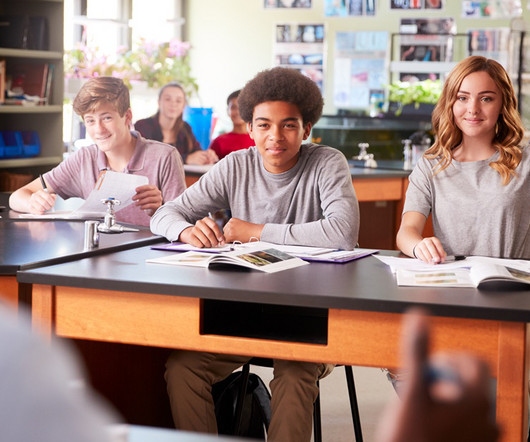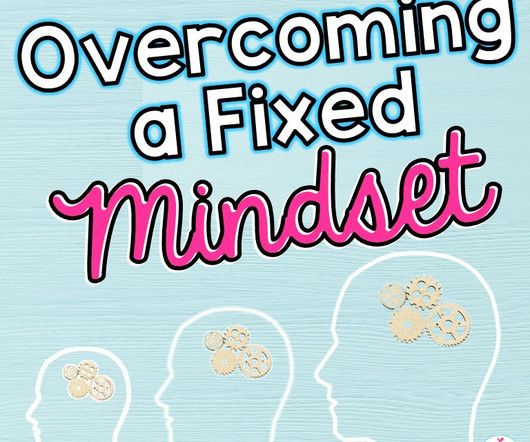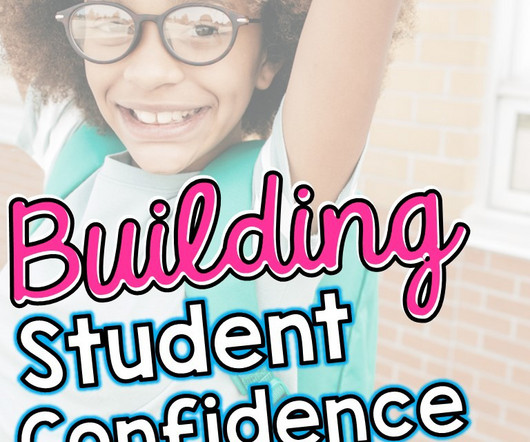Engaging Strategies for Reluctant Learners in High School
Teachers Pay Teachers
JULY 16, 2025
Give second (and third) chances For many reluctant learners, one school failure is enough to reinforce their belief that they’re poor students. This belief can build an affective filter for the student, keeping them from believing that they can succeed in a classroom setting.












Let's personalize your content